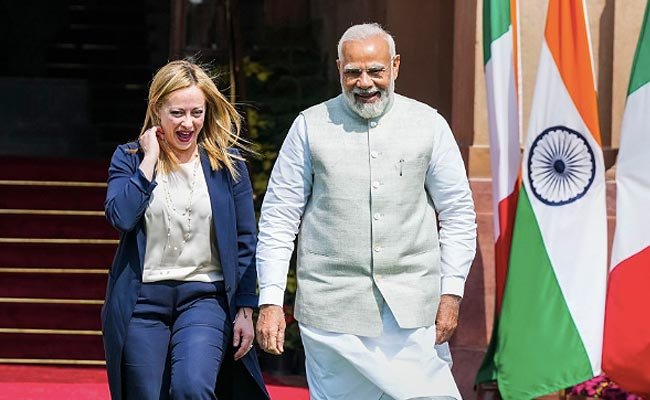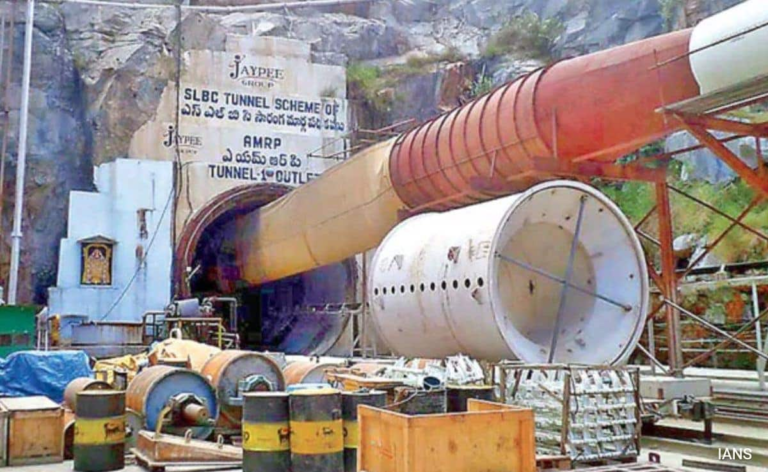
NEW DELHI: The Supreme Court on Monday refused to tweak the two-decade-old ‘open ballot system‘ for Rajya Sabha elections and said the requirement of MPs and MLAs to show their individual ballot papers to authorised agents of their parties was introduced to prevent cross-voting.
The open ballot system under Rule 39AA of the Conduct of Election Rules, 1961, introduced in 2003, was upheld in 2006 by a five-judge bench of the SC in the Kuldip Nayar case. Under Rule 39AA, the MP or MLA has to show the cast of vote on ballot paper to his party’s authorised agent, failing which the presiding officer would cancel his vote.
A PIL by NGO ‘Lok Prahari’ had challenged this as unconstitutional being violative of the statutory right to vote and pleaded with the SC to read it down to provide that if an elector in RS polls didn’t show his/her ballot paper to the authorised agent, the presiding officer, instead of cancelling the vote, could take out the ballot paper and show it to the agent. “This would save the vote from being junked,” the NGO’s secretary argued.
The bench analysed the legal standing of Rule 39AA with provisions of the Constitution and also referred to the constitution bench ruling in the Kuldip Nayar case.
Differentiating the constitutional requirement of secret ballot for direct elections to Lok Sabha, a bench of CJI DY Chandrachud and Justices PS Narasimha and JB Pardiwala said, ” The ruling of the constitution bench in the Kuldip Nayar case does not foreclose the right to vote of the elector. Whether an alternative means could subserve the cause better does make Rule 39AA unconstitutional. The Rule does not foreclose the right to vote. The cancellation of a ballot takes place when the elector concerned does not show it to the authorised agent of the party. It will be far-fetched to sustain the vote by asking the presiding officer to show the ballot to the agent. There is no merit in the PIL.”
It also refused to hear the petitioner, who argued that Section 33 of the Representation of the People Act was unconstitutional as it cast an onerous condition on an Independent candidate intending to contest RS elections to get his/her nomination paper proposed by 10 members of the electorate.
“Parliament is entitled to regulate the manner in which a candidate is required to file nomination papers,” the apex court said.
The open ballot system under Rule 39AA of the Conduct of Election Rules, 1961, introduced in 2003, was upheld in 2006 by a five-judge bench of the SC in the Kuldip Nayar case. Under Rule 39AA, the MP or MLA has to show the cast of vote on ballot paper to his party’s authorised agent, failing which the presiding officer would cancel his vote.
A PIL by NGO ‘Lok Prahari’ had challenged this as unconstitutional being violative of the statutory right to vote and pleaded with the SC to read it down to provide that if an elector in RS polls didn’t show his/her ballot paper to the authorised agent, the presiding officer, instead of cancelling the vote, could take out the ballot paper and show it to the agent. “This would save the vote from being junked,” the NGO’s secretary argued.
The bench analysed the legal standing of Rule 39AA with provisions of the Constitution and also referred to the constitution bench ruling in the Kuldip Nayar case.
Differentiating the constitutional requirement of secret ballot for direct elections to Lok Sabha, a bench of CJI DY Chandrachud and Justices PS Narasimha and JB Pardiwala said, ” The ruling of the constitution bench in the Kuldip Nayar case does not foreclose the right to vote of the elector. Whether an alternative means could subserve the cause better does make Rule 39AA unconstitutional. The Rule does not foreclose the right to vote. The cancellation of a ballot takes place when the elector concerned does not show it to the authorised agent of the party. It will be far-fetched to sustain the vote by asking the presiding officer to show the ballot to the agent. There is no merit in the PIL.”
It also refused to hear the petitioner, who argued that Section 33 of the Representation of the People Act was unconstitutional as it cast an onerous condition on an Independent candidate intending to contest RS elections to get his/her nomination paper proposed by 10 members of the electorate.
“Parliament is entitled to regulate the manner in which a candidate is required to file nomination papers,” the apex court said.
source
The post is published through a syndicated feed and attributed to Times Of India



